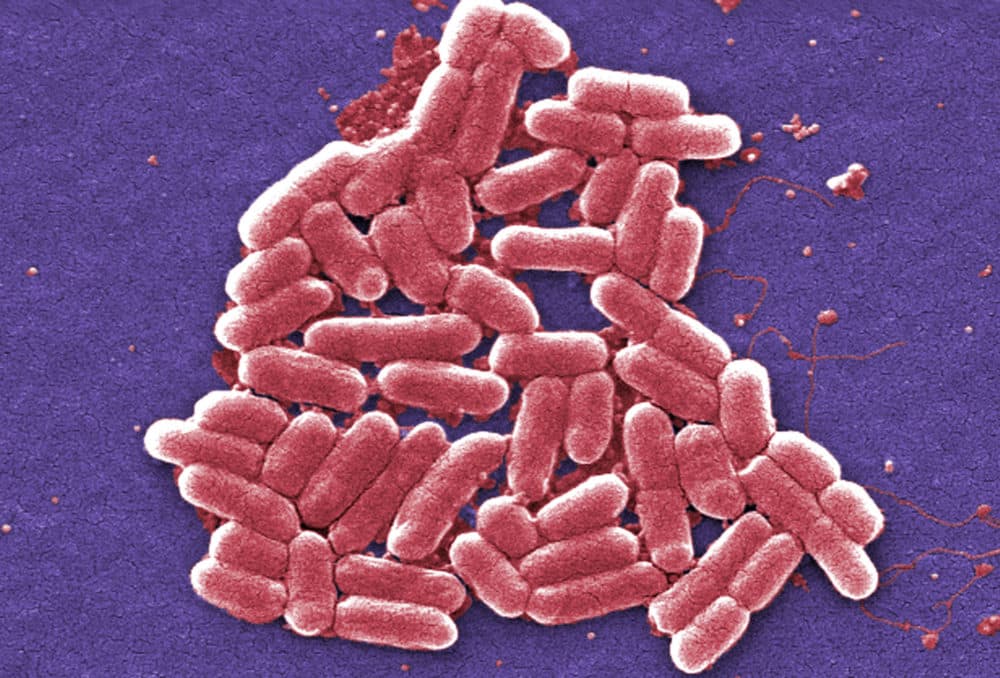Advertisement
Drug-resistant bacteria soars in hospitals: What makes superbugs medicine's biggest challenge
Resume
More than two years and at least a dozen mutations since the COVID-19 pandemic began, the novel coronavirus is still the world's biggest medical headline grabber. But according to many physicians and public health researchers, it's not humanity's biggest medical challenge. That title is reserved for antibiotic-resistant bacteria, sometimes known as superbugs.
These superbugs now kill more than a million people a year globally, and a new analysis by the Centers for Disease Control and Prevention shows the pandemic caused them to surge in hospitals, after several years of decline.
Dr. Chris Murray is chair of the University of Washington's Department of Health Metrics Sciences. His study on superbugs was published in the Lancet in January. Here & Now's Robin Young talks with him about the CDC analysis and the future of antibiotic-resistant bacteria.
This segment aired on August 10, 2022.